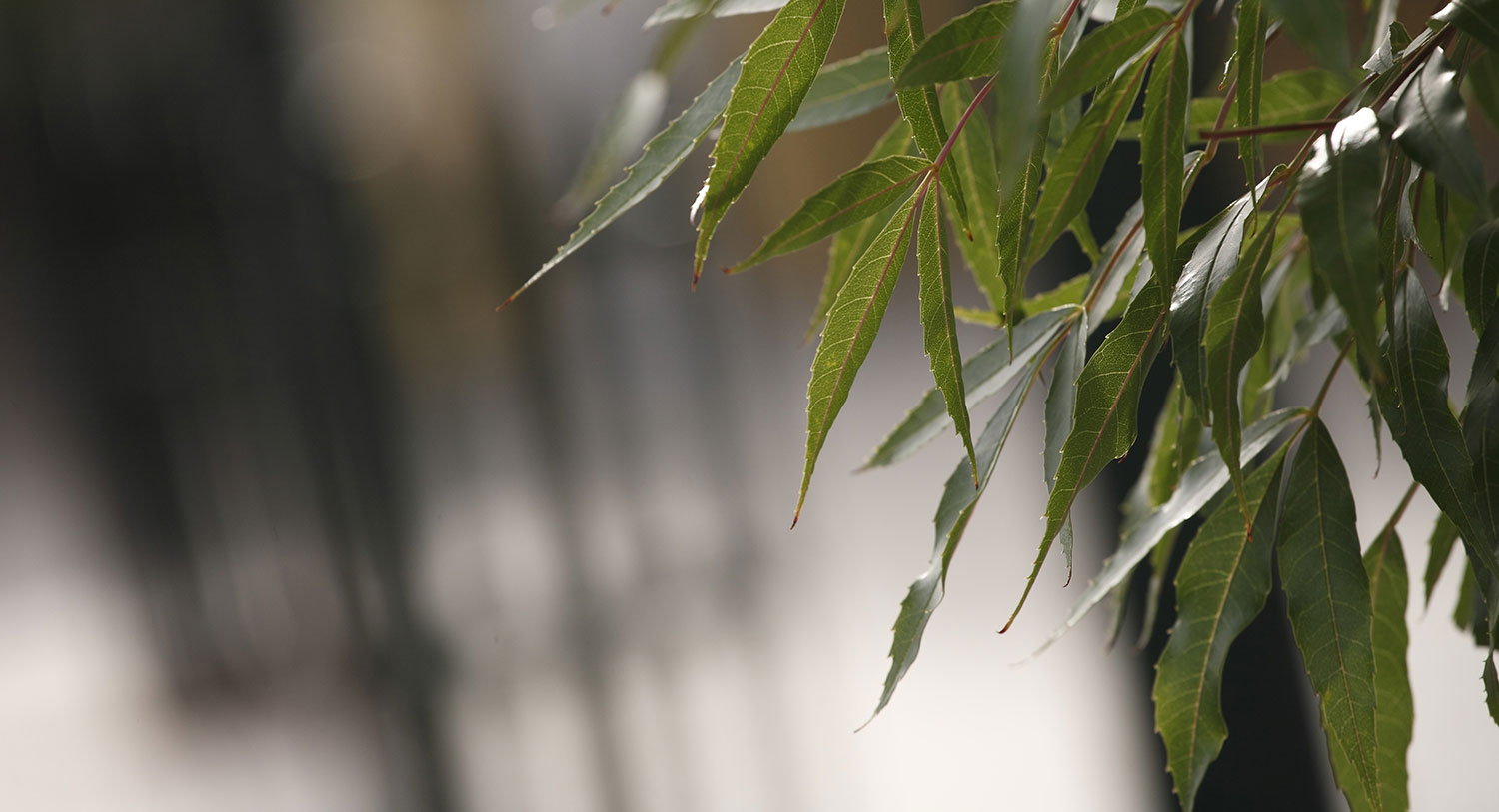Case Study - Botanical Resources Australia
The project
- Establish a value chain for pelletised bio-fuel and apply continuous improvement and quality assurance on the briquette line to meet customer requirements.
Download the Case Study - Botanical Resources Australia (PDF 3.0 MB).
Background
- The company has very nearly 'closed the loop'; output waste from manufacturing is minimal, mainly due to the recyclability of component materials.
- Pelletising equipment used in the production of pyrethrum oil is under-utilised and could be repurposed to convert timber wastes from external sources into bio-fuel.
Objectives
- Establish a value chain for pelletised bio-fuel.
- Reduce defects and customer rejects on the briquette line.
- Achieve established sales targets for pellets and briquettes.
Targets
- Produce 1,000 tonnes of non-py pellets per annum.
- Increase briquette sales from 4,500 to 6,500 tonnes per annum.
Outcomes
What was implemented?
- We increased our understanding of the opportunities and barriers for the production of bio-fuels, from waste wood in Tasmania, and the value chain from raw material stockpiles through to retail markets.
- We undertook small-scale trials with an innovative dryer design.
- We developed a fully engineered and costed business case, which demonstrated feasibility.
Key issues
- The sales market is there and although there is plenty of stockpiled waste wood fines, they are (a) wet/green and (b) expensive to transport.
- A lack of funding to subsidise capital investment in specialised equipment to support circular economy initiatives.
Performance against targets
- We didn’t achieve our targets in the timeframe of the program but we have demonstrated that it is feasible and that the business case is sound.
- We intend to continue pursuing the opportunity and implement as planned in the future.
Lessons learnt
- There are tensions between pursuing sustainable goals and working within budgets.
- Working with other companies brought to light new markets for complementary products.
- There is a real consciousness of waste, and its associated costs, in the business community.
- There are opportunities for world-firsts, right here in Tasmania.

